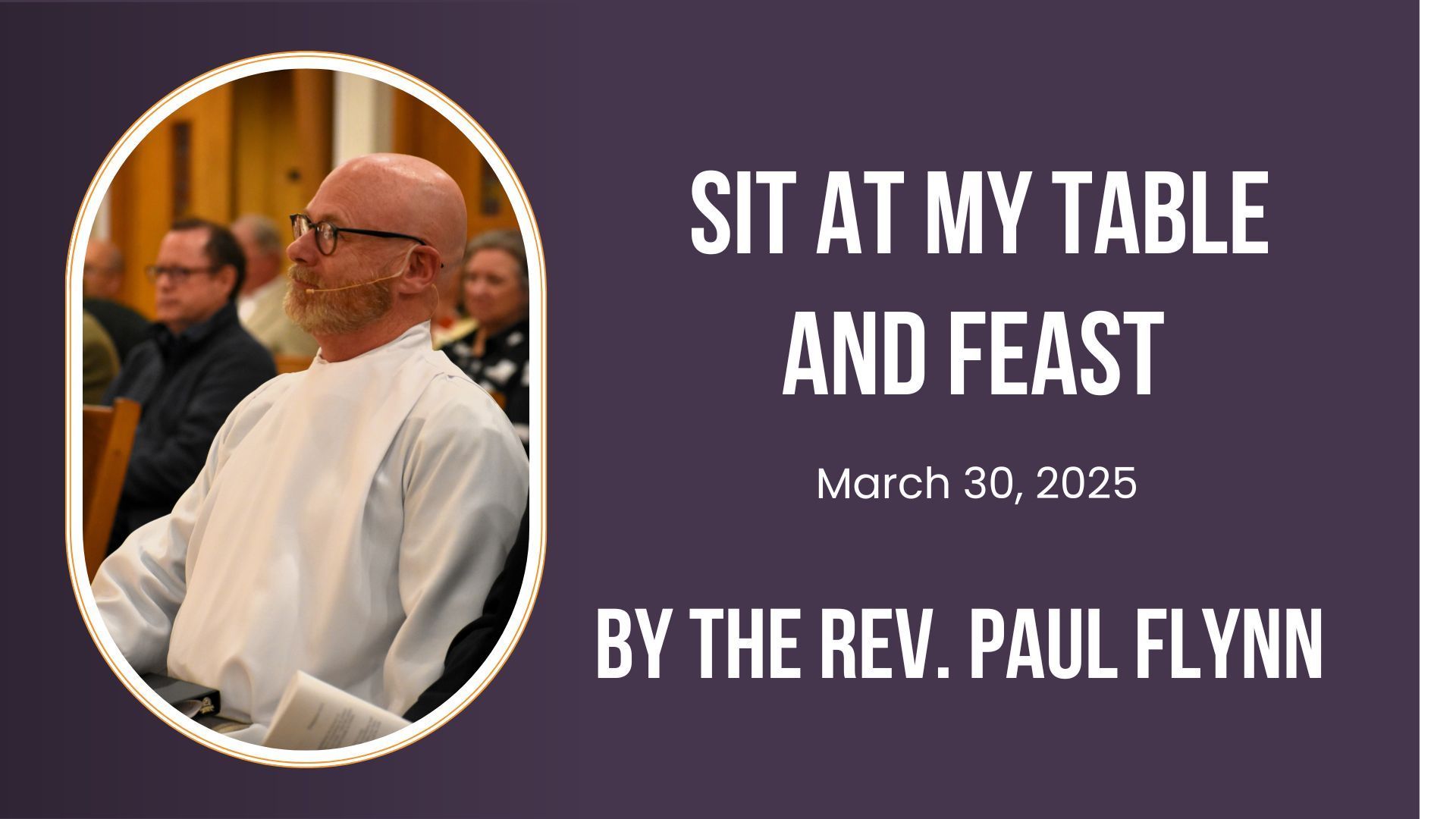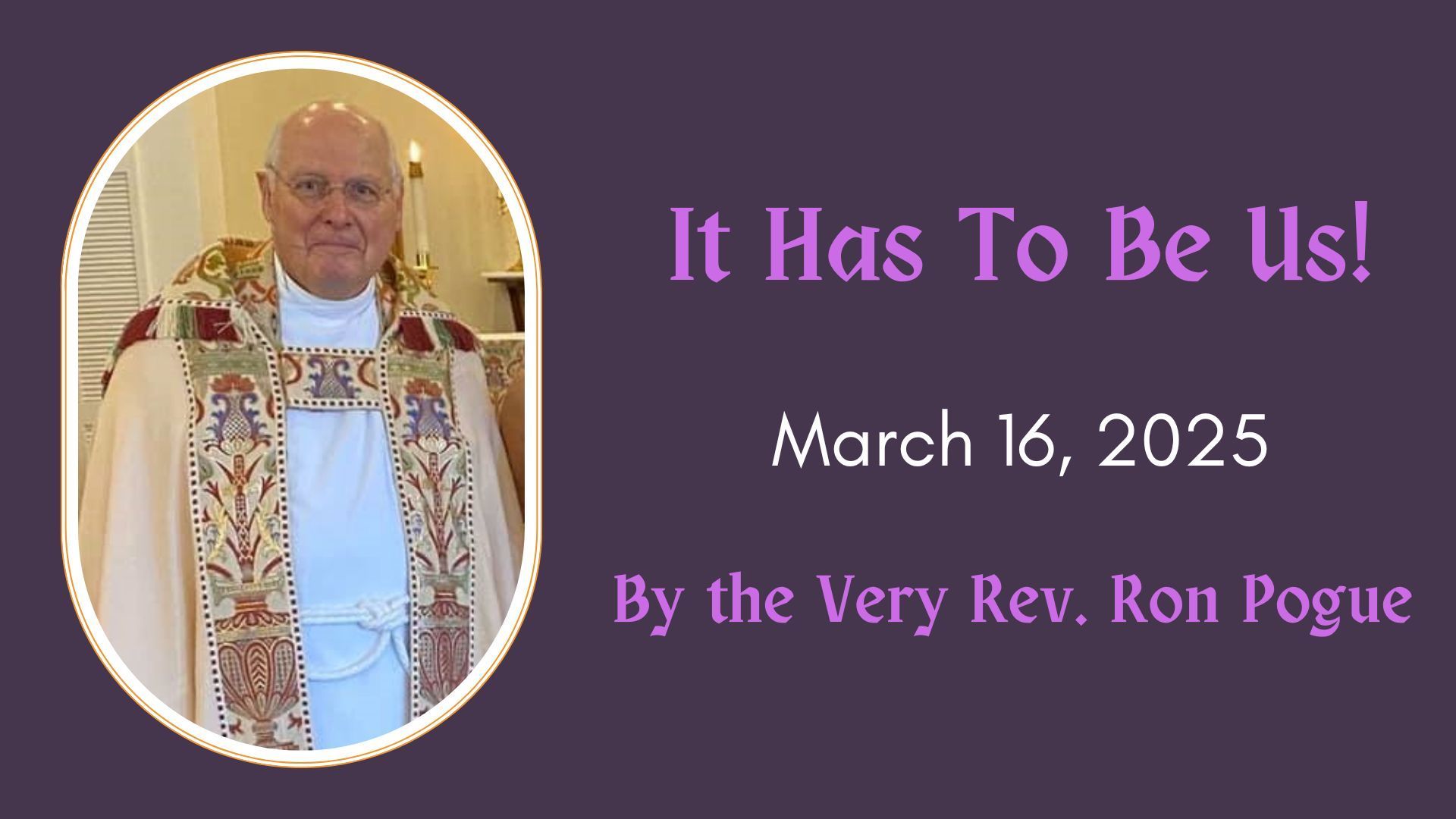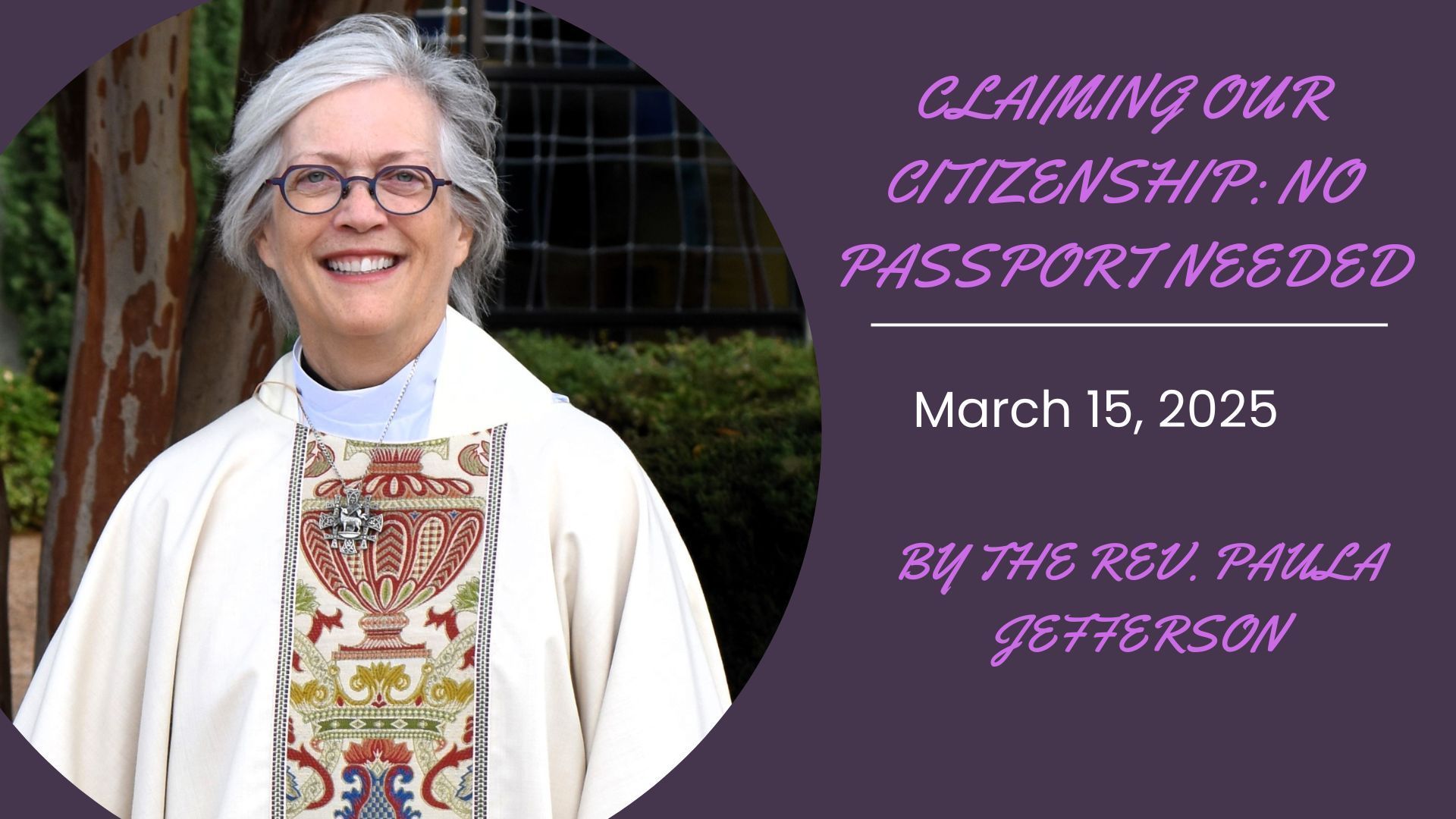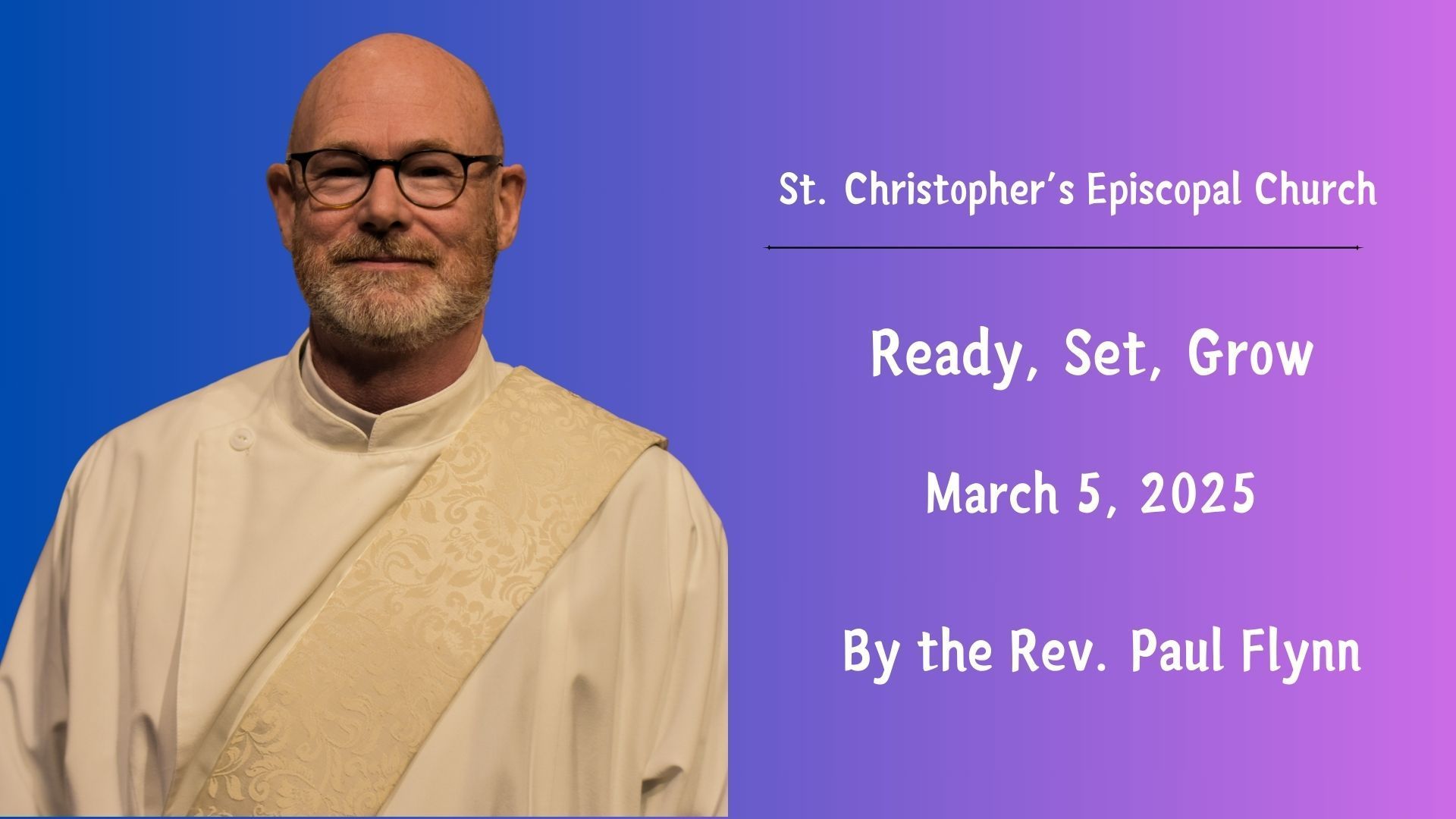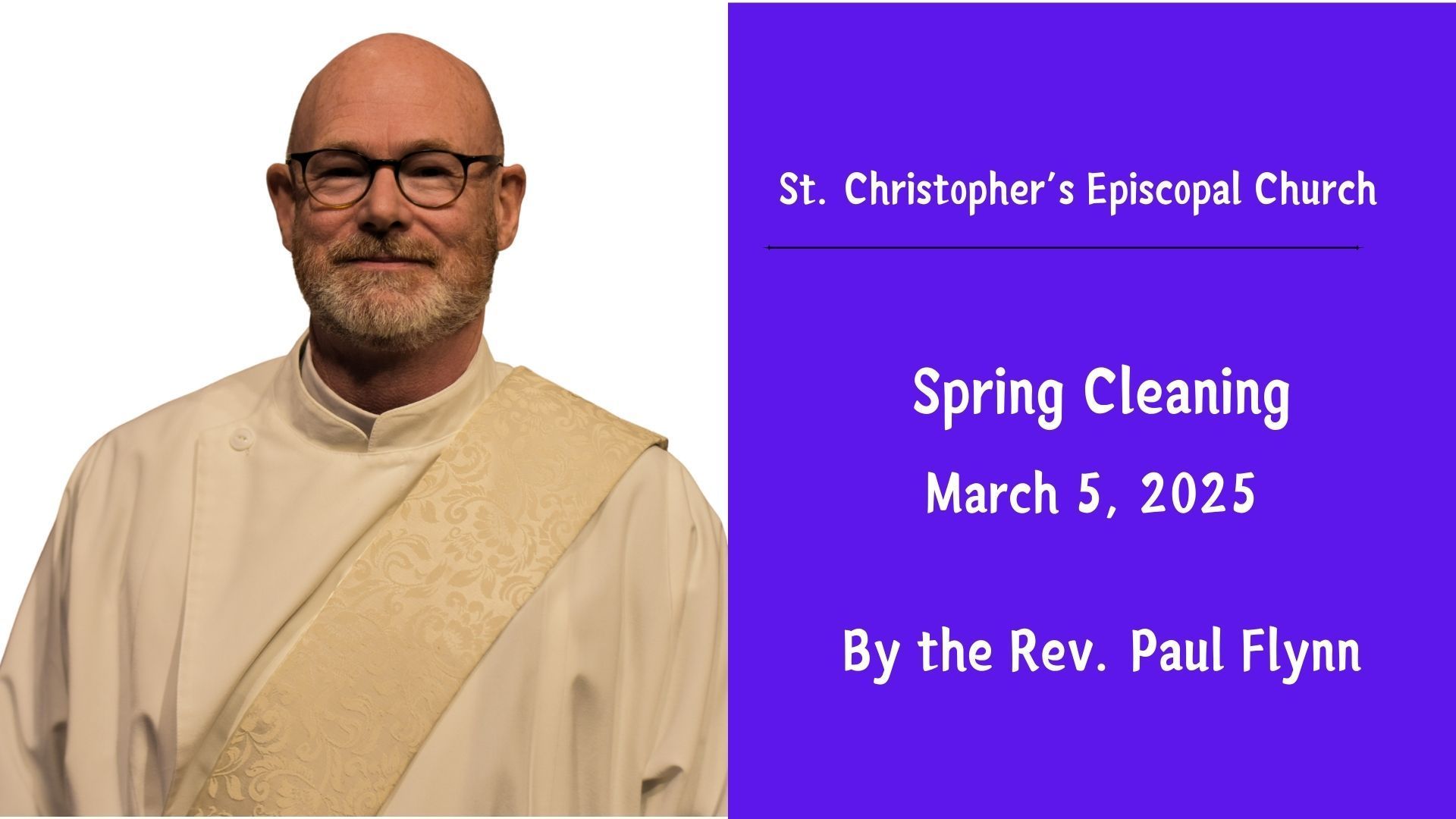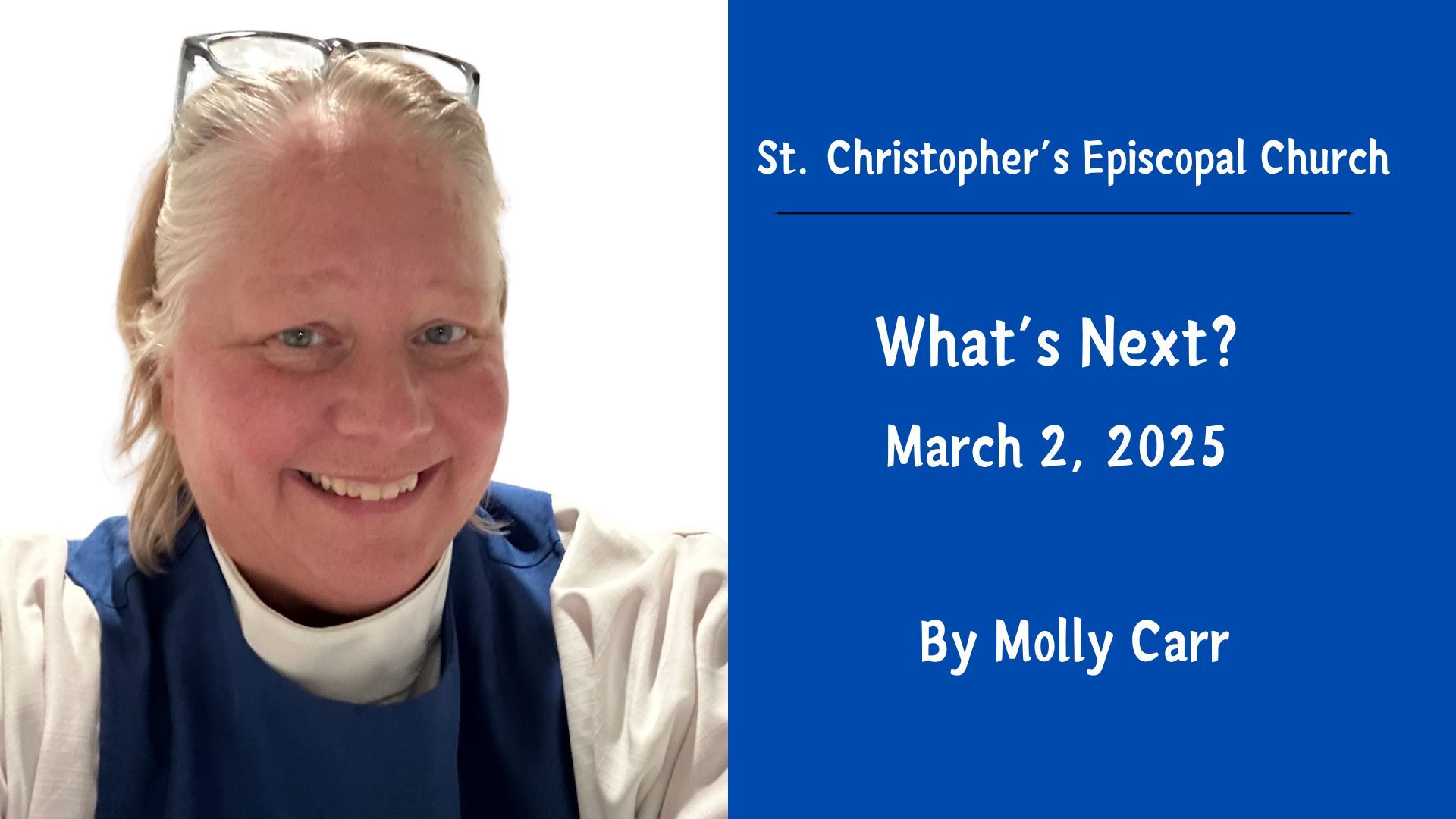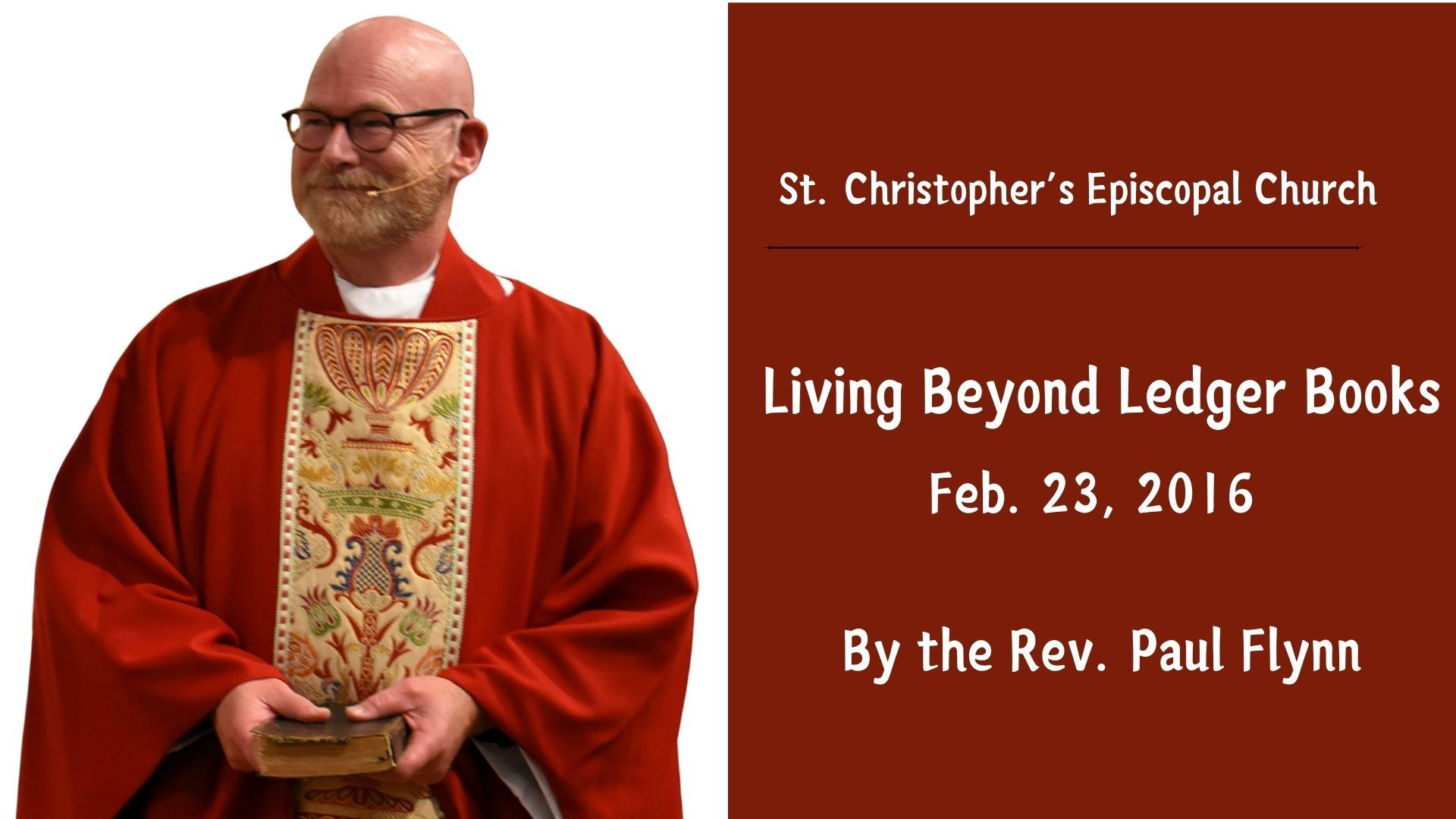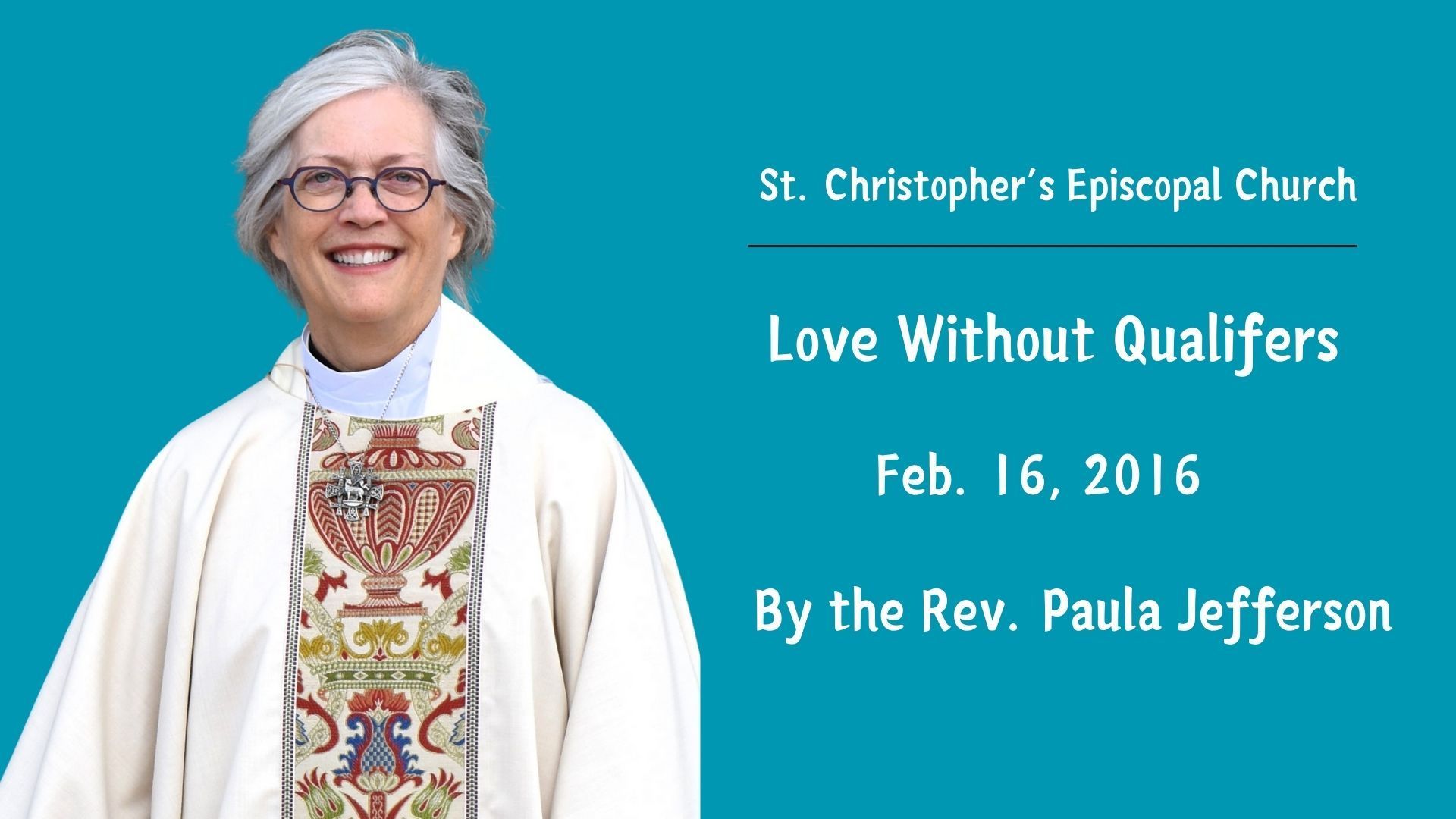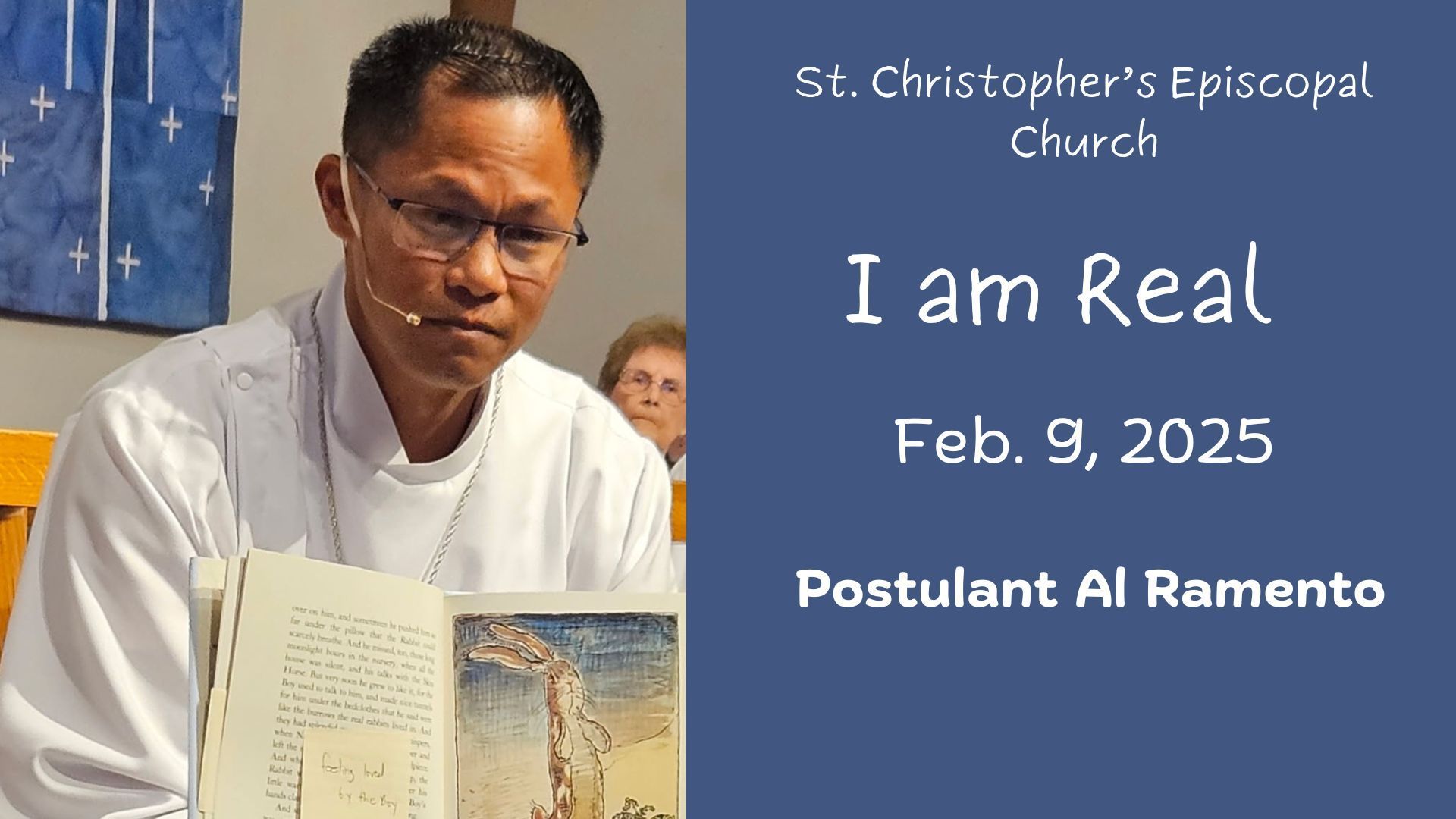Many years ago, I was closing out my aunt’s estate. I was almost finished when I found the keys to her much beloved car. I thought she had sold it, but she had parked the car in a garage and it sat there for a lot of years. The car was a Delta 88--it was now 15 years old, but it had hardly been driven.
While I was mulling over what to do with the car, my mother-in-law’s car stopped working. The cost to repair Pam’s vehicle was going to be much more than the value of her car. She was looking for a replacement that she could afford. I called Pam to ask if she’d like to have my aunt’s car….Free.
She asked me a question that I did not see coming.
“What color is it, dear?”
Now, this was a woman who now had no car…no way of getting to the hair dresser on Fridays….no way of getting to the grocery store…no way of getting to doctor’s appointments.
Her question “What color is it, dear?” didn’t tell me what the “right” color needed to be. But, it did tell me that the color of the car was very important to her.
In Matthew’s Gospel, there is a great emphasis on the religious customs of Judaism. Pharisees, Sadducees, and Scribes are sprinkled generously into this Gospel—they are often presented as clipboard carriers—people attentive to whether you and I are following all the rules.
Today we witness a confrontation between those who represent the traditions of Judaism and Jesus. The confrontation has been brewing since Jesus began his ministry. The miracles he performs, the parables, and the large crowds who gather around him are stirring concern among Temple authorities.
The prophets of old foretold the coming of a Messiah—the fulfillment of the Law. The people are wondering: is he the One? Herod heard about it, too. And he’s nervous—he doesn’t need an uprising in Israel. And so Herod presses the chief priests and Elders to keep the peace…keep the Israelites under control.
It’s important, I think, that the text specifically identifies the chief priests as the ones who will question Jesus. The chief priests are specially anointed—they are the only priests allowed to enter the innermost sanctum of the Temple, the holy of holies.[1] These are the priests who are in the presence of Yahweh.
In today’s text, Jesus is in the Temple. He is teaching. The chief priests and elders join those who are around Jesus. They ask two questions:
By what authority are you doing these things? And who gave you this authority?
Aren’t those interesting questions? They aren’t asking why he is healing people. They aren’t asking how he turns water into wine. I’m a pretty big fan of wine. I would want to know that. How did you feed so many people with so little food? How do you restore lepers to fullness of life? What do the parables mean?
The questions of the Chief Priests reveal what they value: authority.
On Friday, I attended a Laundry Love strategic planning session. We were looking at a foundation’s grant application. Like most foundations, if you receive a grant, you have to report measurable results achieved through the use of the grant money.
I sat back and listened as two seasoned grant writers began talking about how Laundry Love could frame questions to its clients and gather the information needed to validate the grant. It was not their first rodeo. They shaped questions that I would have never imagined.
I read an interesting article recently suggesting that questions beginning with the word “What”, indicate the answers are statements of fact. Questions that begin with “How”, indicate answers that represent a process.[2]
Pam asked, “What color is it, dear?” The car was blue.
The Chief Priests asked, “By what authority are you doing these things?” Jesus IS the authority.
While both of their questions revealed what mattered to them, they were asked in a way that delivered insufficient answers.
Throughout most of my life, like many of you, I have completed a stewardship pledge card. This week we began to imagine about what St. Christopher’s 2024 pledge card will become. It occurred to me that every pledge I have ever seen began and ended with the questions: How much? What are you committing to each budget? When will your gift be received?
I’ve even seen those cards with little tables on the back…the way restaurants “help” you figure out the tip. The whole card is about money…even though we believe that money is only one way we give to God.
After wrestling with today’s sermon, I’m wondering if a better opening question is “Why?”
Why does God invite you and me to give? When we ask that question in prayer, our hearts and minds are open to God’s inspiration.
Once we know our “why”, then the questions of “what” and “how” become meaningful…because they are rooted in God’s desire for us.
This week, take the question to God: “Why do you invite us to give to you?”
[1] https://www.bibleodyssey.org/?s=&_search=chief+priests&search_type=site
[2] https://performanceexcellencenetwork.org/pensights/the-power-of-why-how-asking-the-right-questions-can-change-the-future-feb-2021/
St. Christopher's Episcopal Church
5709 Wedgwood Dr., Fort Worth, TX 76133
St. Christopher's is part of The Diocese of Texas, a diocese of The Episcopal Church.
© 2023 St. Christopher's Episcopal Church
SERVICE TIMES
CONTACT US
Mailing Address:
P.O. Box 34971
Fort Worth, TX 76162
817-926-8277
Email: office@stchrisfw.org



